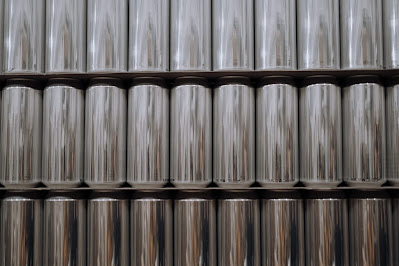How Can Medical Device Prototyping Improve Manufacturing?
In the world of fabrication, prototyping is perhaps one of the most valuable services. As a type of model or profile per se, this allows designers and engineers to confirm design details. The result being parts or components do not go into production with defects or flaws. So, custom prototypes are incredibly important.
Thanks to advances in materials and technologies, prototype companies better serve multiple industries. Making extremely accurate and reliable products is highly beneficial to manufacturers. While this applies to all industries, it’s particularly important to the medical sector.
Key Advantages of Custom Prototypes in Medical Manufacturing
Below are some examples of how prototype manufacturing companies benefit the medical sector.
Improved Patient Care
Safety is a big part of creating medical devices. Whether fitting a patient for a prosthetic or Creating a new piece of equipment for surgeons or doctors to use, there is no room for error. Prototype companies play a big role in reducing those. Again, designers and engineers can review a prototype to identify any problems before going into production.
Reducing Healthcare Costs
Everyone knows that healthcare is expensive. Reducing costs is another way in which prototype manufacturing companies make a difference. Unfortunately, some companies worry about wasting time to get a product to market. However, without a prototype, this could result in mass-producing medical devices or tools with minor or major defects, now needing recalls and delaying time to market.
It’s worth the extra time for prototype manufacturing companies to create profiles to prevent issues from occurring. Just imagine a company that has thousands of repeated products made only to discover after the fact they’re flawed. Now this would require even more time, as well as money to start over or resolve.
Regulatory Compliance
Compliance is a huge deal, especially for the medical field. The Food and Drug Administration currently has a minimum of seven categories of regulatory requirements. That’s just for medical devices. The medical industry must meet every requirement. Otherwise, facilities could face stiff fines and possibly, legal action.
Source:https://promarkmfg.ca/how-can-medical-device-prototyping-improve-manufacturing/



Comments
Post a Comment